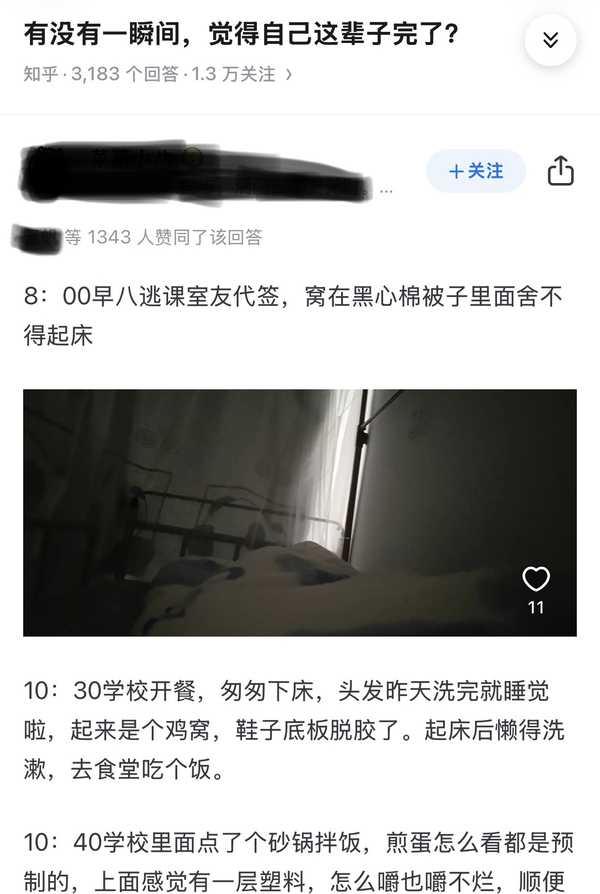College Life Reality Check
This article examines typical university student behaviors like skipping classes and gaming, exploring both the immediate enjoyment and long-term consequences while highlighting the importance of personal responsibility in academic life.

The transition from high school to university life marks a dramatic shift in personal freedom and responsibility. At prestigious institutions like China’s 985 universities, students often find themselves navigating between academic expectations and newfound independence.
The daily rhythm of university life follows a predictable pattern. Morning classes begin early, though many students gradually abandon their initial diligence of arriving before dawn. The practice of reserving seats with books and stationery spreads like a social contagion - what starts as individual behavior soon becomes collective habit.
Academic performance often reflects this shifting attitude. While core courses demand attention, many students drift towards a minimum-effort approach. This manifests in various ways: sleeping through lectures, excessive gaming sessions, and sporadic attendance. The justification is usually some variation of “everyone does it.”
Physical education requirements create unexpected pressure points. With strict standards for long-distance running and strength exercises, students find themselves forced into regular training sessions. These mandatory activities sometimes provide the only structure in otherwise chaotic schedules.
By junior and senior years, the consequences of earlier choices become apparent. While some students leverage research opportunities and internships to build impressive resumes, others find themselves struggling with basic requirements. The job search process proves especially challenging, as employers show little sympathy for academic underperformance.
The gaming culture in dormitories deserves special attention. What begins as occasional entertainment often evolves into marathon sessions, creating a parallel social world that competes with academic obligations. The immediate gratification of gaming provides an easy escape from academic pressure.
Yet this narrative contains an important lesson about personal agency. While external factors like institutional quality and job market conditions matter, individual choices shape outcomes most powerfully. Today’s momentary pleasures often become tomorrow’s regrets.
The path forward requires honest self-reflection. Rather than blaming circumstances, successful students learn to balance freedom with responsibility. They recognize that university offers unique opportunities for both personal growth and professional development - opportunities that, once missed, rarely return.
For those currently struggling, the solution lies not in harsh self-judgment but in practical steps: setting clear goals, establishing productive routines, and building supportive social networks. The university experience, while challenging, remains a privilege that rewards those who approach it with purpose and determination.